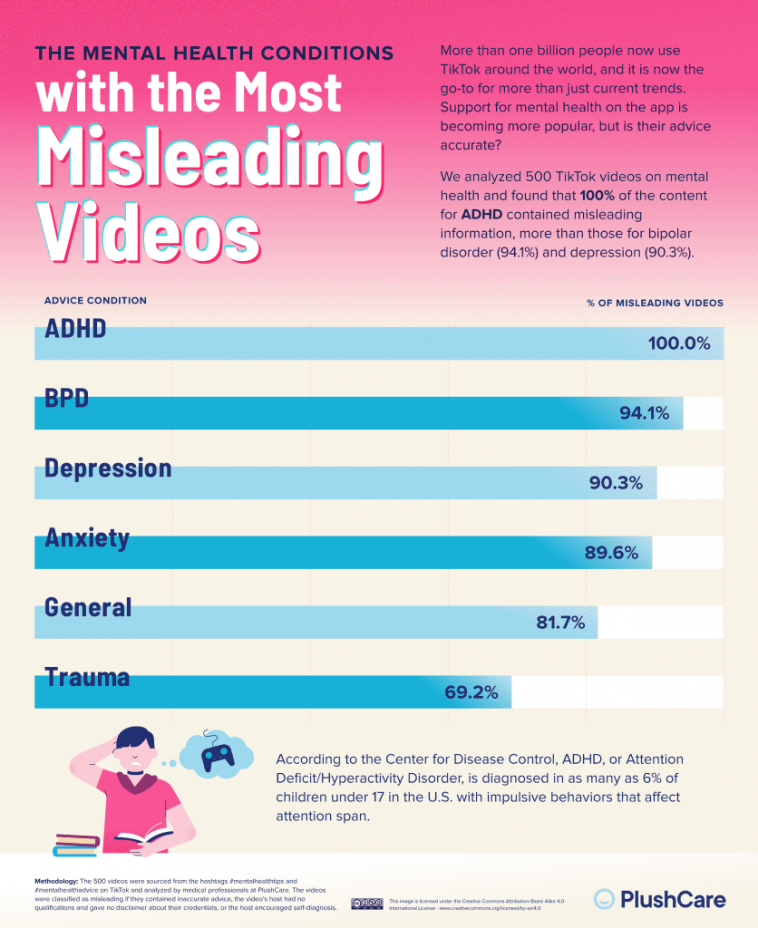
How to Face Your Everyday Triggers
At any given moment, it’s not unusual to find ourselves triggered by others’ behavior or everyday problems. The resulting emotional response can spiral out of control, leaving us feeling drained, stressed out, and unable to focus on the things that matter. That’s why learning how to face and handle these triggers can be so incredibly important to our overall mental health and well-being.
What Are Triggers?
A trigger is any type of stimulus that causes an emotional response. It can be a person, place, thing, or situation that often evokes feelings of anger, sadness, frustration, or anxiety. Triggers are different for everyone, but some common examples might include financial stress, work-related pressures, or relationship-related issues.
Step 1: Recognize Your Triggers
The first step in facing your triggers is to recognize them. This requires self-awareness and an understanding of your own personal history and experiences. Take the time to reflect on past experiences where you may have been triggered, so you can identify any patterns or common factors. Once you know your triggers, you can prepare yourself for how to handle them when they arise.
Step 2: Practice Self-Care
When we’re feeling stressed or overwhelmed, it’s all too easy to neglect our basic needs, and that’s when we become particularly vulnerable to triggers. Make sure to practice self-care so that you are better equipped to handle stressful situations. Simple things like getting enough sleep, eating healthily, and exercising regularly can all help to reduce stress levels and keep you more resilient.
Step 3: Learn to Respond, Not React
When a trigger occurs, it can be all too easy to react impulsively without thinking things through. However, this type of knee-jerk reaction tends to be unhelpful and can often escalate the situation further. Instead, try to learn to respond to the situation in a more thoughtful way. Take a moment to pause and reflect before reacting. Responding, rather than reacting, can help prevent the situation from getting out of control and works to de-escalate the tension.
Step 4: Seek Support
While self-care and learning to respond, not react, are essential steps to managing triggers, sometimes, we need a little extra help. If you’re struggling with managing your triggers, don’t hesitate to reach out for support. This might come in the form of talking to a trusted friend or family member, seeking guidance from a mental health professional, or joining a support group. Sometimes, having someone to talk to can make a world of difference and help you feel more resilient and better equipped for any challenges that come your way.
Conclusion
Triggers are a part of life, and while we can’t always prevent them from happening, we can learn to face them and manage them effectively. By recognizing our triggers, practicing self-care, learning to respond instead of reacting, and seeking support, we can all work to build our resilience and lead happier, healthier lives.
Originally Post From https://www.psychologytoday.com/us/blog/writing-with-integrity/202406/mental-health-misinformation-and-pseudoscience-are-rampant
Read more about this topic at
SAMHSA’s National Helpline
Navigating a Mental Health Crisis

